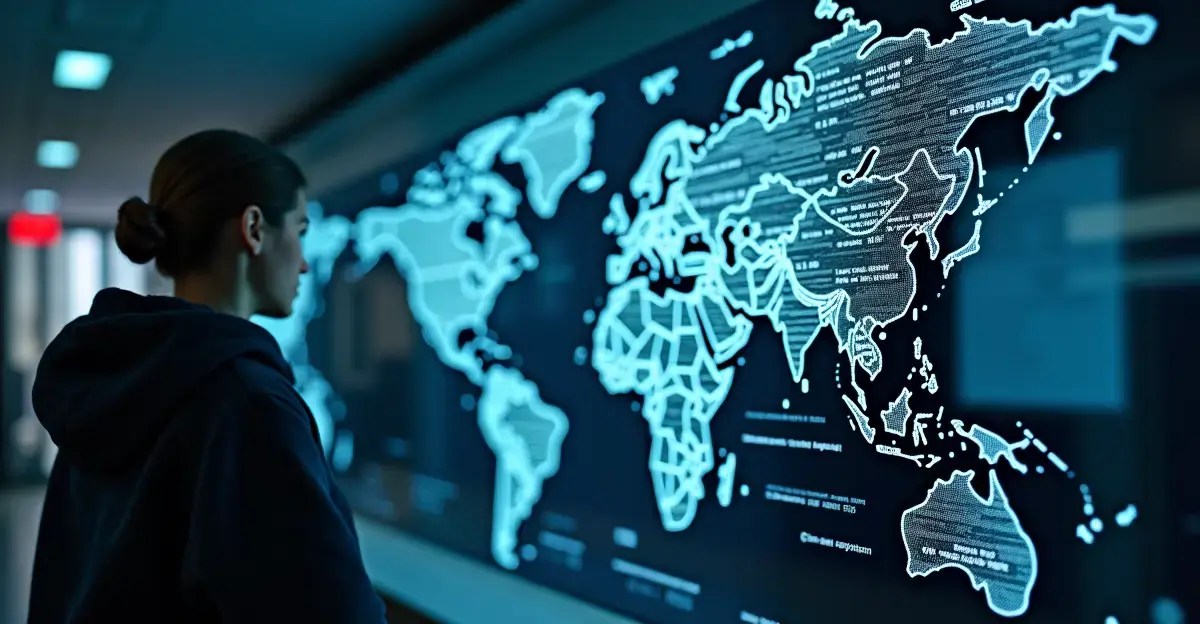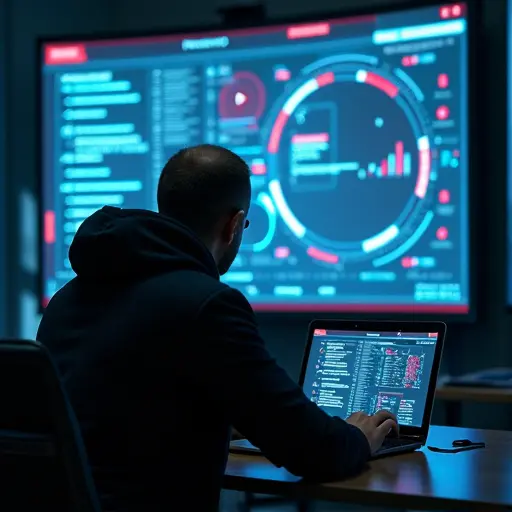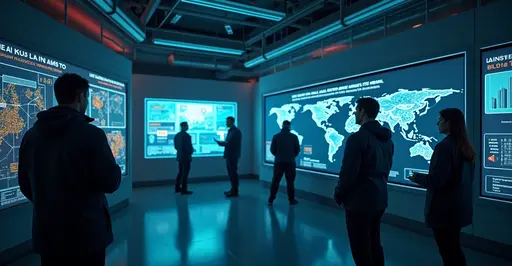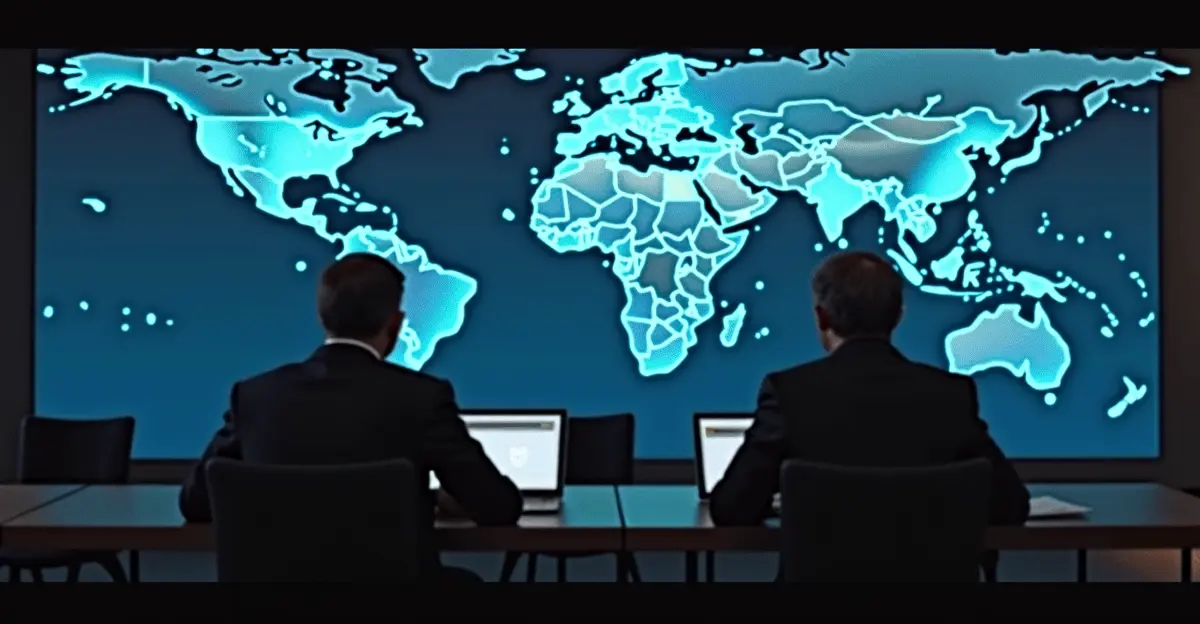NATO's Locked Shields 2025 cyber exercise involved 4,000+ experts from 41 nations testing coordinated defense against large-scale attacks on critical infrastructure, emphasizing international collaboration and comprehensive resilience.

NATO's Largest Cyber Defense Exercise Evaluates Coordinated Response Capabilities
In May 2025, NATO conducted its most extensive cyber defense exercise to date, bringing together over 4,000 cybersecurity experts from 41 nations to test the alliance's readiness against sophisticated large-scale cyber attacks. The 15th annual Locked Shields exercise, organized by NATO's Cooperative Cyber Defence Centre of Excellence (CCDCOE) in Tallinn, Estonia, marked a significant milestone in international cyber defense cooperation.
Unprecedented Scale and Complexity
The exercise simulated a comprehensive cyber assault on critical infrastructure, with participants defending over 8,000 virtual systems against more than 8,000 coordinated cyberattacks. 'The scale of this year's exercise reflects the growing complexity of cyber threats facing our nations,' said Mart Noorma, Director of NATO CCDCOE. 'We're not just testing technical skills but the entire ecosystem of cyber defense - from legal frameworks to strategic decision-making under pressure.'
The scenario involved defending two fictional Atlantic islands against sophisticated attacks targeting power grids, telecommunications networks, military command systems, and financial infrastructure. New elements for 2025 included cloud-based infrastructure, quantum computing challenges, and AI-driven attack narratives that required teams to adapt to emerging technologies.
Multinational Collaboration and Real-World Testing
Participants formed 17 multinational Blue Teams, with joint efforts like the Germany-Singapore partnership and Poland-France collaboration demonstrating the importance of cross-border cooperation. The top-performing teams included Germany-Singapore, Poland-France, and Italy-Slovenia-USA (Colorado National Guard), showcasing successful international coordination.
Estonian Defense Minister Hanno Pevkur emphasized the exercise's significance: 'Locked Shields 2025 demonstrates that cyber defense knows no borders. Our collective security depends on our ability to work together across nations and sectors.'
Beyond Technical Skills: Comprehensive Defense Testing
The exercise went beyond traditional technical challenges, incorporating legal assessments, communication strategies, disinformation campaigns, and political pressure scenarios. Teams had to navigate complex decision-making processes while maintaining operational capabilities under sustained cyber assault.
At the West Virginia National Guard's Morgantown Readiness Center, participants executed 28,936 system commands and contended with simulated theft of 4,591 passwords. 'This exercise tests our ability to maintain critical infrastructure during a major crisis,' noted a U.S. Cyber Command participant. 'The collaboration between military, civilian agencies, and private sector partners is essential for real-world defense.'
Building Future Cyber Resilience
The redesigned scoring system for 2025 emphasized collaboration and resilience over individual technical achievements. This shift reflects NATO's evolving approach to cyber defense, focusing on sustainable capabilities rather than temporary victories.
Looking ahead to 2026, organizers plan to expand cloud segments and introduce Critical Special Systems while advancing research toward fully automated defense teams. The exercise's growth from just 60 participants from 4 nations in 2010 to today's massive international collaboration demonstrates the increasing importance of collective cyber defense in global security.
As one participant from the Italian team summarized: 'We're not just defending systems - we're defending our way of life. Exercises like Locked Shields ensure we're prepared when real threats emerge.'

 Nederlands
Nederlands
 English
English
 Deutsch
Deutsch
 Français
Français
 Español
Español
 Português
Português









